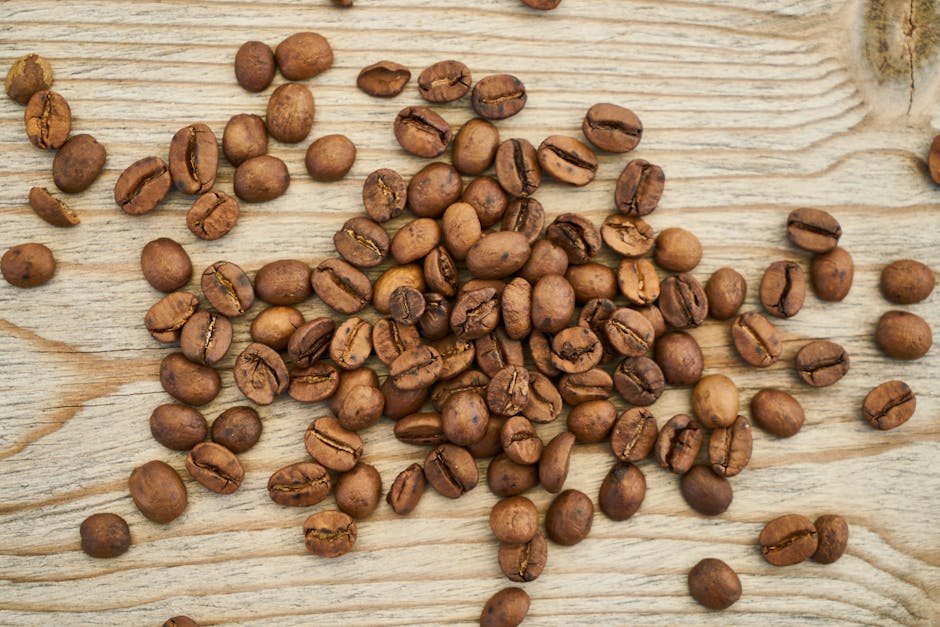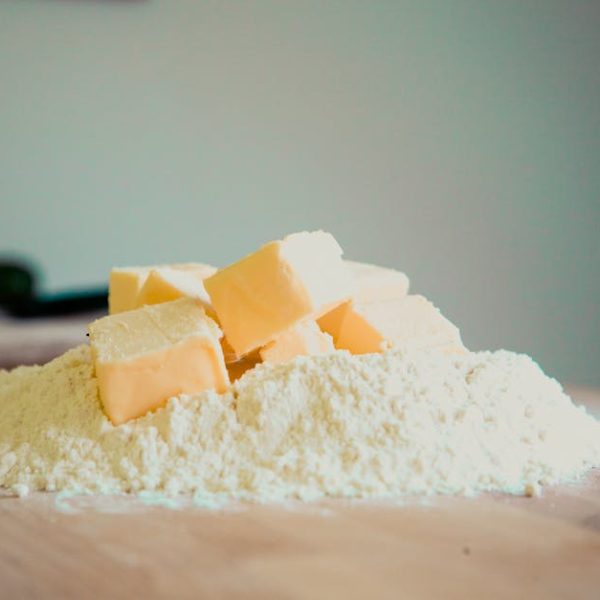If you are a coffee connoisseur, then you understand the significance of using freshly roasted beans. Fresh coffee beans are the secret to a flavorful and aromatic coffee experience. Making coffee isn’t just a process – it’s a form of art that starts from harvesting the beans. Harvesting at the right time ensures you obtain coffee beans with their qualities intact: powerful aroma, rich flavor, and distinct body.
Beyond the harvesting process, how you store your beans plays a critical role in preserving these fantastic qualities. Coffee tends to lose its freshness rapidly in improper storage conditions – and with it, the inviting aroma and delightful taste.
Pro Tip: A few ways to assess your coffee’s freshness is by checking its color, smelling its aroma, and tasting a freshly brewed cup. Fresh beans have a distinct, pleasant, and not overbearing scent. The taste should be vibrant, robust, and without any stale or bitter undertones.
Signs of coffee freshness to look out for:
- A pungent, pleasant smell
- A vibrant and robust flavor profile
- No sign of oil on the surfaces of the beans
The Detrimental Factors to Coffee Freshness
While several factors can deteriorate the quality of your coffee, the most notable culprits include exposure to light, moisture, air, and heat. These elements cause the coffee beans to deteriorate faster, directly affecting their taste, smell, and overall quality.
Preventative Measures:
- Keep coffee in a cool, dry, and dark location
- Forgo the fridge and steer clear from the oven
- Use airtight containers
The issue is simple: exposure to light, heat, moisture, and air can cause your coffee beans to degrade quickly. Here is a comparative view of how each exposure affects the beans:
| Exposure | Pros | Cons |
|---|---|---|
| Light | – | Causes faster bean degradation, loss of flavor and aroma |
| Heat | – | Causes oils to rise and evaporate, loss of taste |
| Moisture | – | Can cause mold growth and dilute flavor |
| Air | Necessary during brewing | Oxidation leads to stale coffee |
This brings us to the question: what are some storage solutions that combat these damaging elements?
Picking the Right Storage Containers for Coffee Beans
The choice of your coffee storage container can directly impact your coffee’s freshness lifespan. To keep your beans fresh for longer, the container needs to be airtight, opaque, and made of non-reactive materials.
Best practices for selecting coffee storage containers:
- Consider materials such as glass, ceramic, or non-reactive metal
- Ensure it has an airtight seal
- Choose an opaque container to keep light out
A few suggested containers would include the Coffeevac Vacuum Sealed Storage Container, the Le Creuset Stoneware Canister, or the Airscape Coffee Storage Canister. Each offers unique features such as a one-way valve, opaque material, or an airtight seal to maintain the freshness of your beans.
Optimal Conditions for Coffee Storage
Just as a musician needs the right environment to produce beautiful music, your coffee beans also need an ideal setting to maintain their freshness. Let’s look at the best conditions for storing your coffee.
First and foremost, store your coffee in a cool and dark place. Heat and light can significantly degrade coffee quality, so aim for a temperature between 20 to 23°C (68 to 75°F).
Next, let’s talk about humidity. A humidity level around 50-60% is perfect, as it prevents the beans from absorbing moisture without drying them out. If you live in a particularly humid area, consider using a dehumidifier.
Finally, the environment should be clean and odor-free. Coffee beans are porous and absorb smells quickly, so storing them in a place with strong odors will impact their flavor.
Pro Tip: Don’t store your coffee near spices or food with strong smells. Not unless you want your morning coffee to taste like curry or garlic!
Best Practices for maintaining ideal storage conditions:
- Keep your coffee in a cool and dark place
- Maintain a humidity level of 50-60%
- Store your coffee in a clean, odor-free environment
The Do’s and Don’ts of Coffee Storage
Maximizing the likelihood of a rejuvenating cup of coffee starts with good storage practices. Let’s walk through some Do’s and Do’s!
Some *Do’s* include:
- DO invest in a quality storage container
- DO keep it airtight
- DO store it in a dark, cool, and humidity-controlled environment
And the *Don’ts*?
- DON’T store coffee in the fridge or freezer. The temperature fluctuations cause condensation, which speeds up the loss of flavors and aroma.
- DON’T store coffee in clear containers or near a light source.
- DON’T keep the bag or container near any heat source like an oven or the stove.
Lastly, always remember to enjoy your coffee within a reasonable time. Coffee isn’t wine; it doesn’t get better with age. Even the best storage methods can’t preserve the freshness indefinitely, so it’s best enjoyed within a month after roasting.
Put these tips into practice, and you’ll be well on your way to maintaining the freshness and flavor of your coffee for an extended period, ensuring every cup is as enjoyable as it can be!
So, happy brewing, coffee lovers!
Key Takeaway:
- Properly storing coffee beans is crucial for prolonging their freshness and preserving their taste and aroma.
- Coffee freshness can be compromised by toxins like light, warmth, moisture, and oxygen.
- The best storage containers for coffee are airtight, lightproof, and made of non-reactive materials.
- Optimal storage conditions for coffee include a cool, dark place with a humidity level of 50-60%.
- There are certain storage practices to follow and avoid to maintain coffee freshness.
In conclusion, proper storage can significantly prolong the life of your coffee beans, ensuring you enjoy the best, freshest brew each time. Remember, the keys to maintaining your coffee’s richness and aroma are using good storage practices, using the right storage containers, and creating the ideal storage environment. Follow these guidelines and you’ll surely extend the freshness of your coffee!
FAQs
Q: Can I use plastic containers to store coffee?
A: It is recommended to choose glass, ceramic, or non-reactive metal containers over plastic, as plastic can sometimes affect the taste of the coffee.
Q: Why shouldn’t I store coffee in the fridge or freezer?
A: Storing coffee in the fridge or freezer can cause condensation, which speeds up the loss of flavors and aroma.
Q: How long can I expect my coffee beans to stay fresh?
A: Although it depends on the storage and how often it’s exposed to oxygen, generally, coffee beans are best enjoyed within a month after roasting.
Q: Does the type of coffee bean affect how long it stays fresh?
A: All coffee beans can lose freshness over time, regardless of its type. However, the key to longevity lies in its storage method.
Q: Are there any alternative methods to check the freshness of my coffee beans?
A: Fresh coffee beans usually have a robust smell and flavor. If the aroma feels stale or bitter, it might be a sign of lost freshness.
End your coffee journey on a high note with fresh, vibrant flavors in every cup. Feel free to explore our website for more coffee tips. Ensure to share this article with other coffee enthusiasts too, and together we can explore the remarkable world of coffee!






